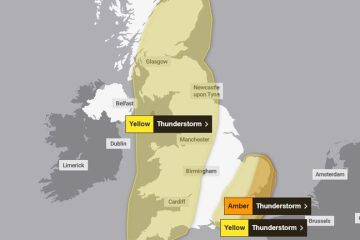The Rising Threat of Wildfires in Turkey

Introduction
Wildfires have become an alarming and recurrent issue in Turkey, impacting both natural landscapes and local communities significantly. As wildfires frequently threaten vast areas, the urgency for effective fire management and climate change mitigation has never been more critical. With climate change leading to longer and more intense heatwaves, Turkey’s wildfire seasons have expanded, raising concerns over ecological and socio-economic repercussions.
Recent Events and Facts
In August 2023, Turkey endured one of its most severe wildfire seasons on record, with blazes reported across the Mediterranean and Aegean regions, including Antalya and Muğla, leading to mass evacuations. The Turkish Ministry of Agriculture and Forestry reported that over 200 fires ignited between June and August, burning thousands of hectares of forest land. The fires were exacerbated by dry conditions and strong winds, resulting in significant damage to wildlife habitats and agriculture.
The situation has prompted the Turkish government to mobilise significant resources to combat the flames. Approximately 5,000 firefighters, along with aerial firefighting units, were deployed to tackle the wildfires. International assistance, including teams from Greece and Azerbaijan, also contributed to fire management efforts. However, the destruction caused by these wildfires has raised questions about preparedness and response strategies.
Causes of Increased Wildfires
The upsurge in wildfires can be attributed to several factors, including prolonged drought periods and rising temperatures, both of which can be linked to climate change. Turkey’s average temperature has increased over 1°C in the last decade, leading to drier conditions that are more conducive to wildfires. Additionally, human activity, such as land clearing for agriculture and forest management, has contributed to the increased risk of igniting wildfires.
Conclusion
The ongoing challenge of wildfire management in Turkey necessitates not only an increase in firefighting resources but also a comprehensive approach to addressing climate change and environmental resilience. Experts forecast that unless significant action is taken to mitigate climate effects and adopt sustainable land management practices, wildfires could become increasingly frequent and severe. For residents of affected regions, understanding the importance of preventive measures, such as creating firebreaks and responsible land use, can play a pivotal role in safeguarding lives and ecosystems. Addressing this pressing issue will be crucial in ensuring a sustainable future for Turkey’s natural environments and communities.









